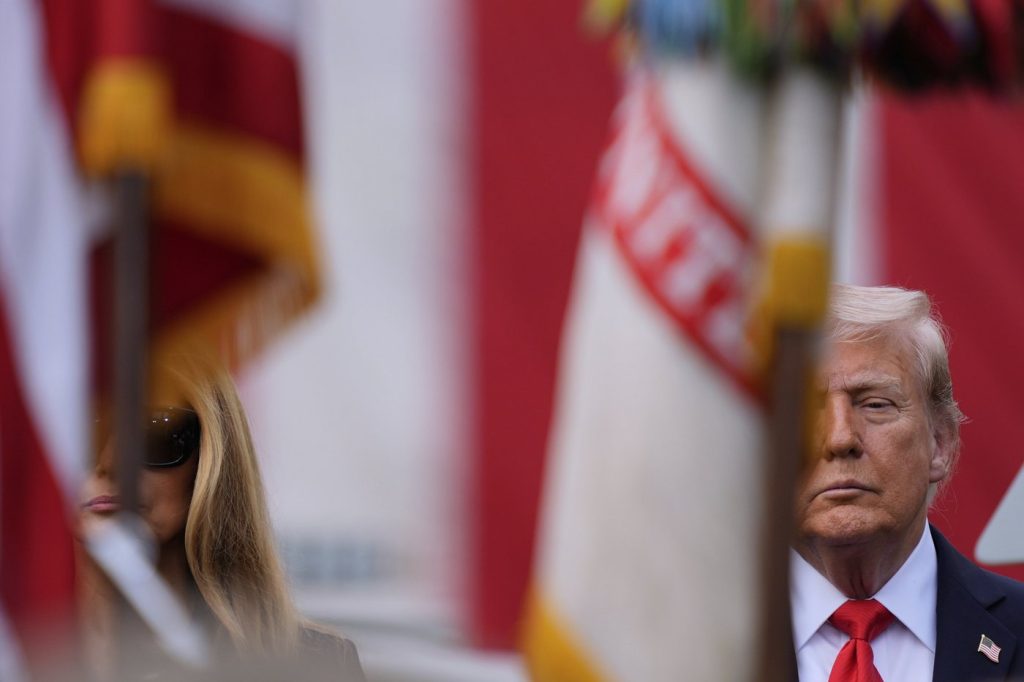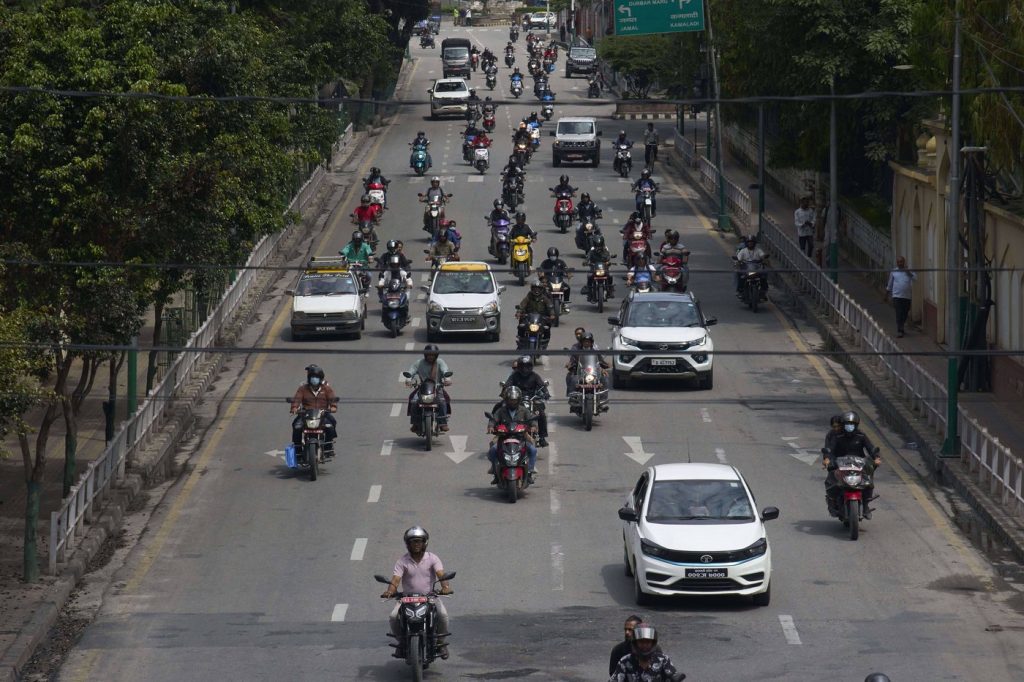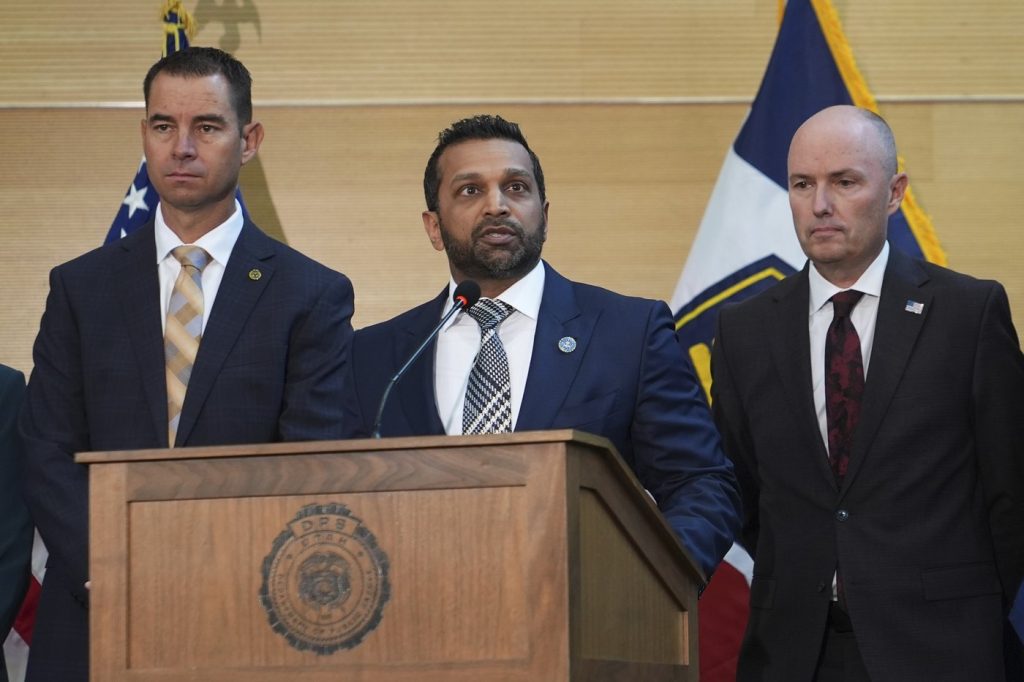BASKING RIDGE, N.J. (AP) — President Donald Trump expressed his belief on Saturday that the ongoing Russia-Ukraine war could come to an end if all NATO countries ceased purchasing oil from Russia and imposed tariffs of 50% to 100% on China for its purchases of Russian petroleum. This statement was made through a post on his social media platform, where Trump criticized NATO's commitment, stating that it has “been far less than 100%” and labeled the purchase of Russian oil by some NATO member states as “shocking.” He emphasized that this undermines NATO's bargaining power against Russia.
As of 2023, Turkey, a NATO member, is reported to be the third-largest purchaser of Russian oil, following China and India, according to the Centre for Research on Energy and Clean Air. Other NATO nations like Hungary and Slovakia are also involved in buying Russian oil. It remains uncertain whether Trump would directly confront Turkish President Recep Tayyip Erdogan or Hungarian Prime Minister Viktor Orbán regarding this matter. Consequently, the likelihood of implementing new tariffs or banning Russian oil purchases is ambiguous.
Trump’s announcement comes on the heels of a significant incident where multiple Russian drones entered Polish airspace on Wednesday, an action that escalated tensions as Poland, a NATO ally, shot down the drones. Trump downplayed the seriousness of the incursion, suggesting it "could have been a mistake," while U.S. Secretary of State Marco Rubio condemned the attack as “unacceptable” and “dangerous,” though he also noted that it was unclear if the drones were a deliberate act against Poland.
In a broader context, Trump has often reiterated his stance to end the war quickly, yet he has not significantly pressured points necessary for a resolution. There are growing concerns in Congress for a tougher sanction bill, especially after Trump recently hosted Russian President Vladimir Putin in Alaska for talks that yielded little progress toward peace.
The U.S. and its allies are working to demonstrate stronger resolve against Russia. In a recent emergency U.N. Security Council meeting, acting U.S. Ambassador Dorothy Shea reaffirmed America's commitment to defending every inch of NATO territory and condemned Russia’s drone incursion, stating it showed a lack of respect for U.S. efforts aimed at conflict resolution.
In response to ongoing tensions, Britain has also initiated measures to penalize Russian oil trading, including a ban on 70 vessels associated with this trade and sanctions against 30 individuals and companies in China and Turkey that have provided Russia with various supplies, including electronics and weapon components.
In his Saturday post, Trump reiterated that a NATO ban on Russian oil purchases combined with tariffs on China “would also be of great help in ENDING this deadly, but RIDICULOUS, WAR.” He suggested that these tariffs should be set, with the understanding that they could be withdrawn if the war, which began with Russia's invasion of Ukraine in 2022, concludes. Trump further argued that China has significant influence over Russia, and imposing powerful tariffs would disrupt that connection.
Currently, Trump has implemented a 25% import tax on Indian goods, notably for its purchases of Russian energy. Overall, he has imposed a total of 50% tariffs on India, although he hinted that negotiations with Indian Prime Minister Narendra Modi could still lead to a resolution.
The potential imposition of further tariffs on China raises concerns about possible retaliation, which could adversely affect both U.S. and European economies. Earlier this year, Trump escalated tariffs on Chinese goods to a cumulative rate of 145%, prompting China to respond with 125% tariffs on American imports—the two nations practically imposing a blockade on each other's commerce, necessitating negotiations to ease tensions and reduce tariffs.
In the same social media post, Trump shifted responsibility for the war towards his predecessor, President Joe Biden, and Ukrainian President Volodymyr Zelenskyy, notably omitting Russian President Vladimir Putin from this blame list. This statement aligns with a call on Friday among G7 finance ministers, where discussions emphasized the need for a unified approach to end the financial backing for Putin's military efforts in Ukraine.












